ChemChallenge - a Video Game for Studying and Teaching Chemistry
Published in Computational Sciences and Education
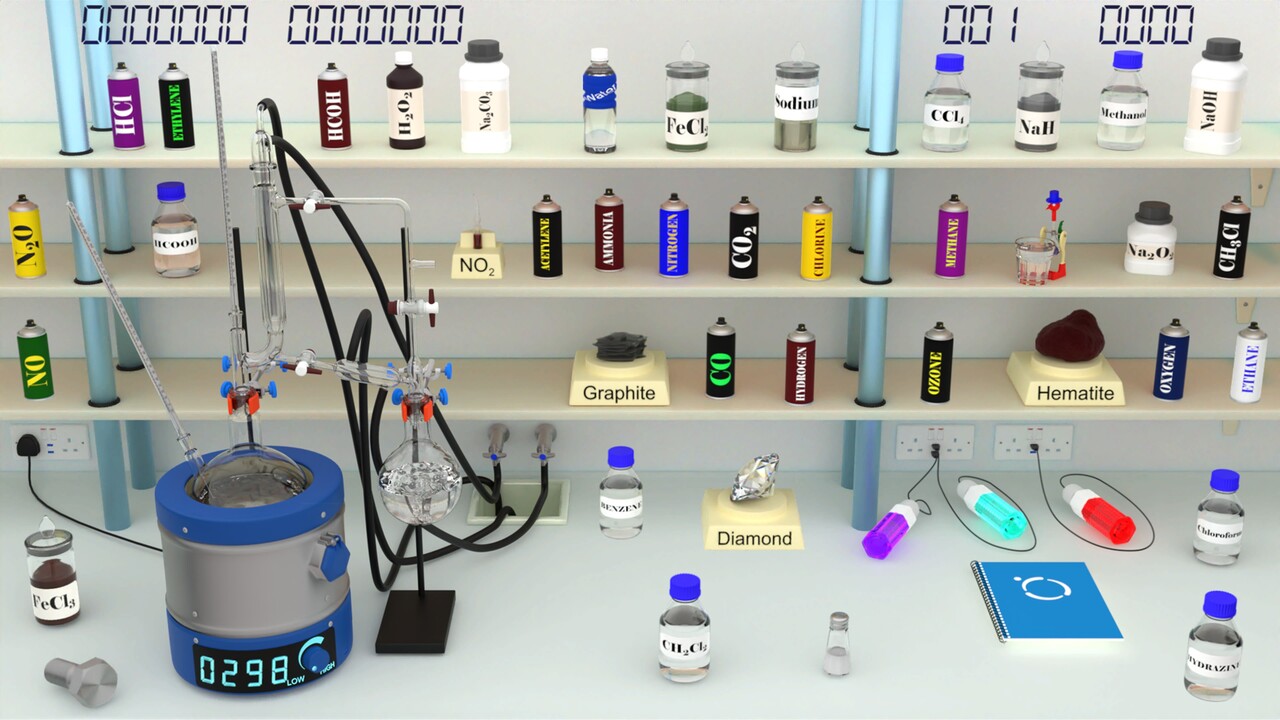
This project began around spring 2024, when I started teaching physical chemistry at the Chinese University of Hong Kong... But no, wait... It started much much earlier.
It started in 2002, the year when I got my first PC - Intel Pentium 4, single core, 1.8 GHz, 256 MB RAM, and 40GB HDD. The necessity to equip the PC with a graphic adaptor with 64MB RAM (state-of-the-art back in 2002, actually) and spent extra money, equivalent to ~100 EUR at that time, was strongly justified to my mother - MS Word simply cannot work without a graphic adaptor ;=)
The PC greatly improved my performance in the secondary school. Actually it did not. While teaching and studying in 2000s was conducted in a way similar to that of 20th century, most of the time I used my PC to play video games. Fellows who are 30+ years old now and are reading this post might recall Half-Life, NFS: Underground 1&2, Heroes of Might and Magic III, Elder scrolls III: Morrowind, Age of Mythology, Counter-Strike, among many other video games popular in 2010s.
With some of these games, such as HMMIII and Morrowind, editors were supplied. I could not only play these video games, but create own levels, which, however, I never shared with the community.
Time passed, more video games were played...
It was not until 2024, after joining the Chinese University of Hong Kong, that I had to think about alternative ways of teaching physical chemistry, particularly one of its topics—thermodynamics, to undergraduate students. My idea was to create a video game (or application software, to be more professional) which students could use to practice their theoretical knowledge gained from textbooks and attending lectures. I outlined the following requirements to the future game:
- Focus on thermochemistry and thermodynamics.
- The game must have a reward system - players receive score upon levels completion. The magnitude of the level score must be linked to chemistry and the studied topic. In other words, the game must analyze correctness of the solution and award bonus points based on chemistry principles.
- Less linear gameplay. I did not want to create a chemistry quiz game with the predefined solutions. Luckily chemistry permits multiple solutions. For example, there is definitely more than one method to synthesize any chemical compound.
- Possibility of gameplay or character customization. The player must be able use the gained points as in-game currency to exchange them for virtual items, which possess some extra features. These virtual items provide more flexibility when solving levels' tasks and offer an opportunity to gain even greater score.
- The game must be aesthetically appealing. I guess, nowadays nobody would play text quests in command prompt line. As such, graphic user interface is required.
- This game development must be not the lifetime project - one year was the time I was willing to allocate for the project.
Having these requirements for the future game in mind, I started searching for the game development tools. After a comprehensive search I opted for Unity because of the following reasons:
- Pricing. In 2025 it is free as long as the revenue from the project is <200K USD. ChemChallenge is a freeware that is distributed under the General Public License 3.0 for free (see links below for the source code).
- Overall, this is an extremely powerful tool. While developing ChemChallenge I did not encounter a situation when some tools were missing. I was able to implement all the features of the game using Unity that I originally planned.
- Creator owns the created content.
- Many educational resources are available. Very useful feature given that I did not have any experience in game development.
After about 500 person-hours of work and tens of thousands of lines of code written, ChemChallenge was completed. Here is a self-explanatory game trailer:
I want to acknowledge contribution of my team members at the Chinese University of Hong Kong, Jingru ZHUANG (PhD student), Cheuk Lok CHENG (undergraduate student), Yiu Tung SETO (undergraduate student) and Dr. Chong WANG (postdoctoral researcher), for conducting literature search and creating images of important chemical reactions that are included in the game (see below), testing the game and providing feedback.
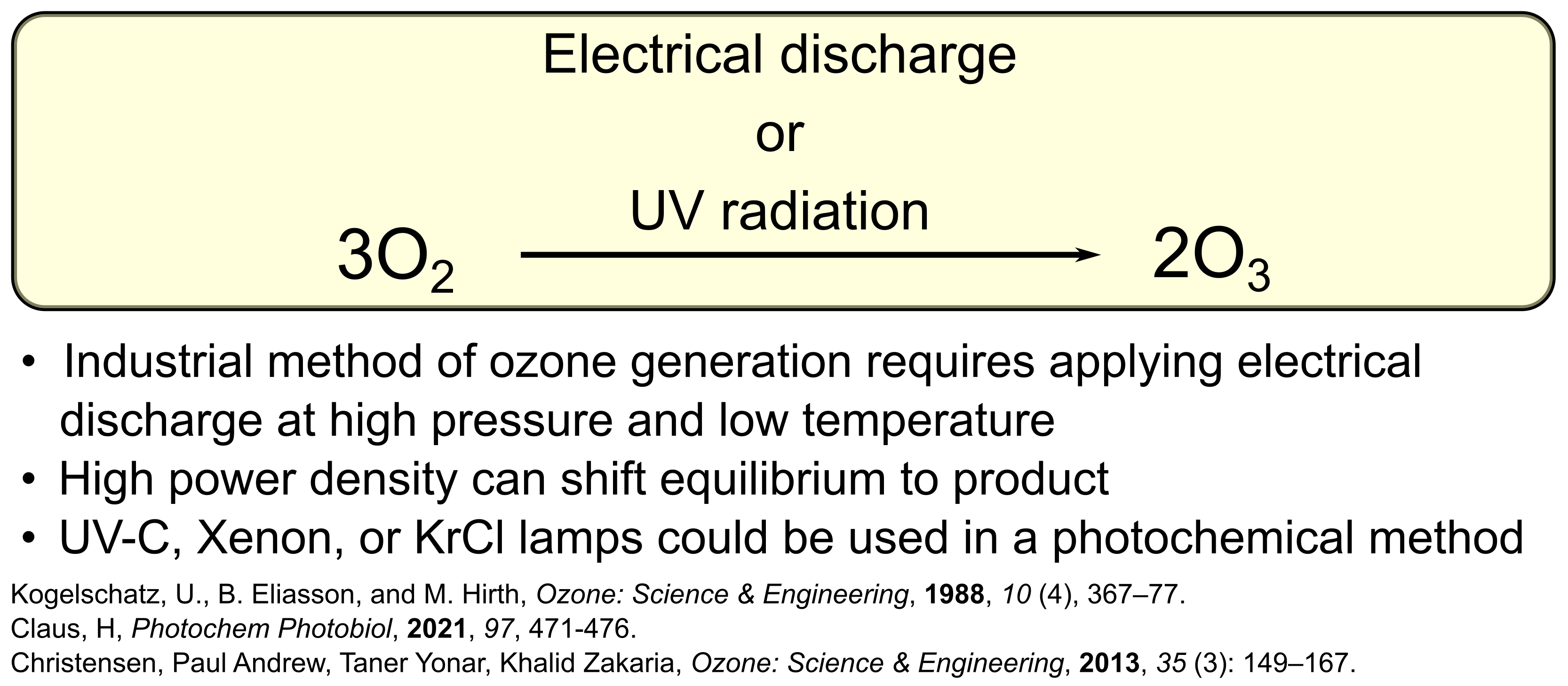
If this project resonated with you, and you wish to play it yourself and/or integrate into physical chemistry course at your school or university, here is a link to the game webpage:
https://savateevgroup.com/chemChallenge/
There you can find:
- a link to download game files
- a link to GitHub repository with the game source code
- a link to article preprint explaining scientific and technical aspects of game development
- application tips - short videos explaining applied aspects of thermodynamics in the context of playing ChemChallenge
Finally, join the challenge on X (former Twitter) hashtag #ChemChallenge:
- Complete the game
- Post a screenshot with your score
- Tag somebody from your network
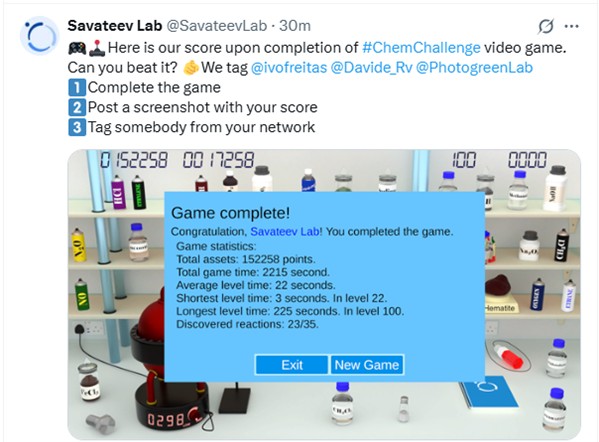

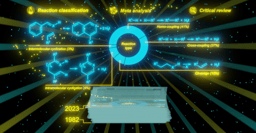
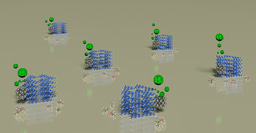
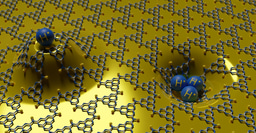
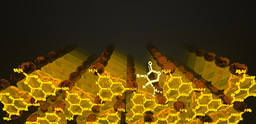

Please sign in or register for FREE
If you are a registered user on Research Communities by Springer Nature, please sign in